My favorite shots from the Wibi Soerjadi Christmas concert
Wibi Soerjadi Christmas Concert
Every year we close our business year with a special event. The Christmas Concert from Wibi Soerjadi in the Amsterdam Concert Gebouw. An amazing place with awesome sound. In this blog, I share my favorite shots from this Wibi Soerjadi Christmas Concert.
As a photographer, I think it’s vital to get to know your subject as well as possible. This doesn’t just make the shoot go easier. But it will most definitely get you results that are more fitting the person/character you are photographing.
Wibi Soerjadi
I’ve known Wibi for years and consider him a close friend which makes photographing a concert like this at one point much easier, but also a lot harder.
It’s easier for me because I don’t really have to think about disturbing the artist. He knows I’m there and there is trust so in essence, I’m invisible to him. So, no worries on my side about interrupting him or doing something that is not allowed. This makes it much easier to move around and shoot from different locations during the concert. Now don’t take that too lightly. Because although I don’t have to worry about the artist I do have to be very aware of the audience. It’s not a rock concert. Meaning I have to walk and move like an invisible ninja and choose my timing very carefully to not stand in front of people. Or let people jump up because I scare them to death by just being there out of nowhere… Well you all know my length so this makes it pretty hard.
During the concert
A way that works really well is that I always introduce myself to the audience in the locations where I think I’m going to be moving. Make a little joke that they can always kick me when I’m in the way as long as it’s not too hard. In the end, it means that during the concert I’m actually often helped by them instead of that I get irritated responses. I do have to add, that when I introduce myself I mostly end up taking pictures of them with the room in the back so that also gives me some goodwill 😀
Also because we have worked together for such a long time I have a pretty good feel of the mood he wants in the images.
Anyway, long story short the images are my favorite ones from that evening.


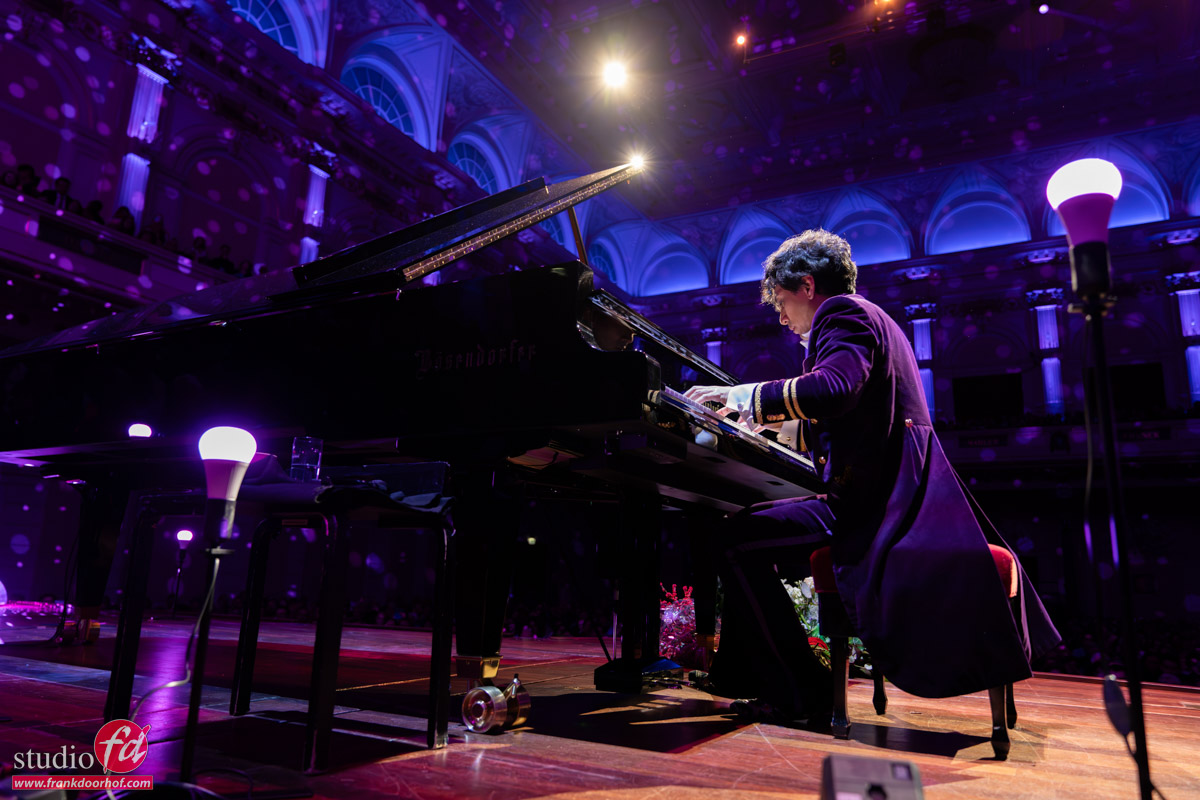
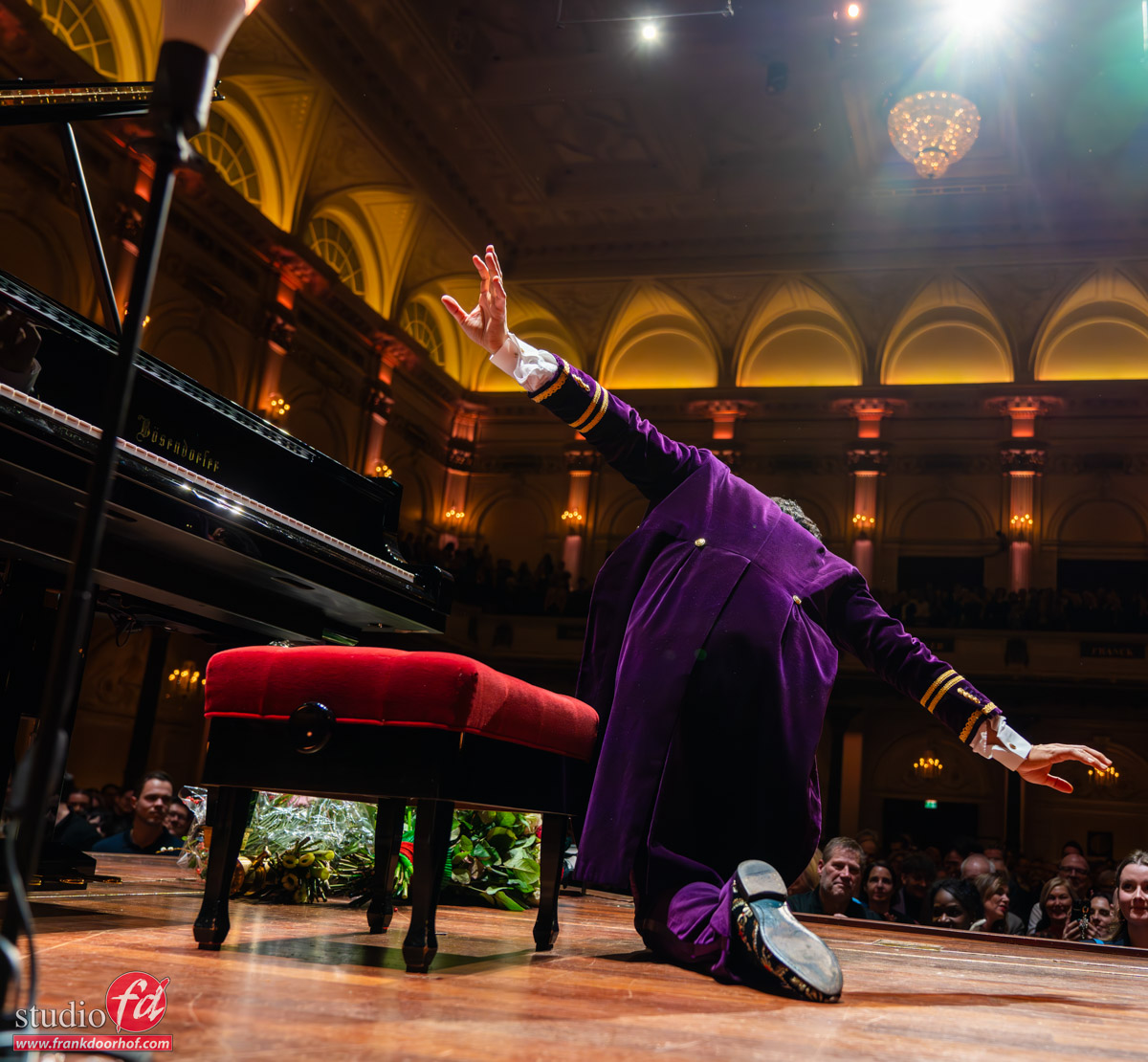
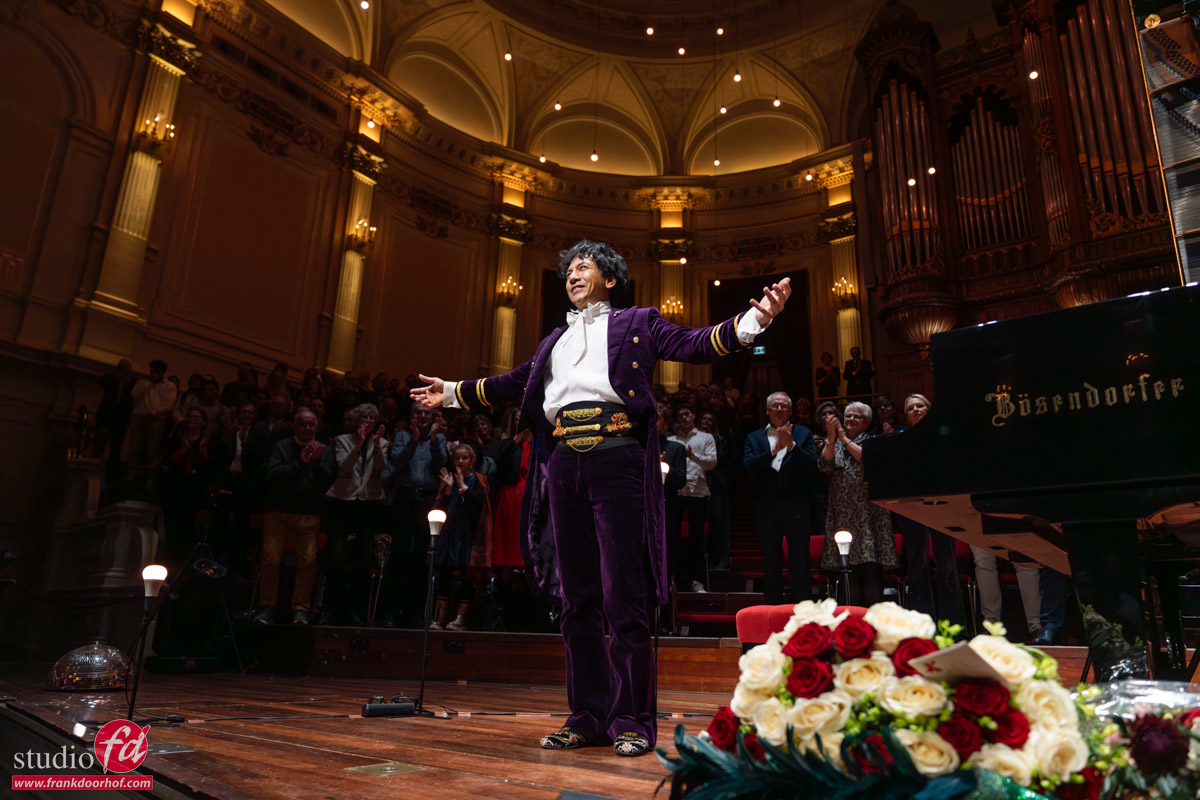
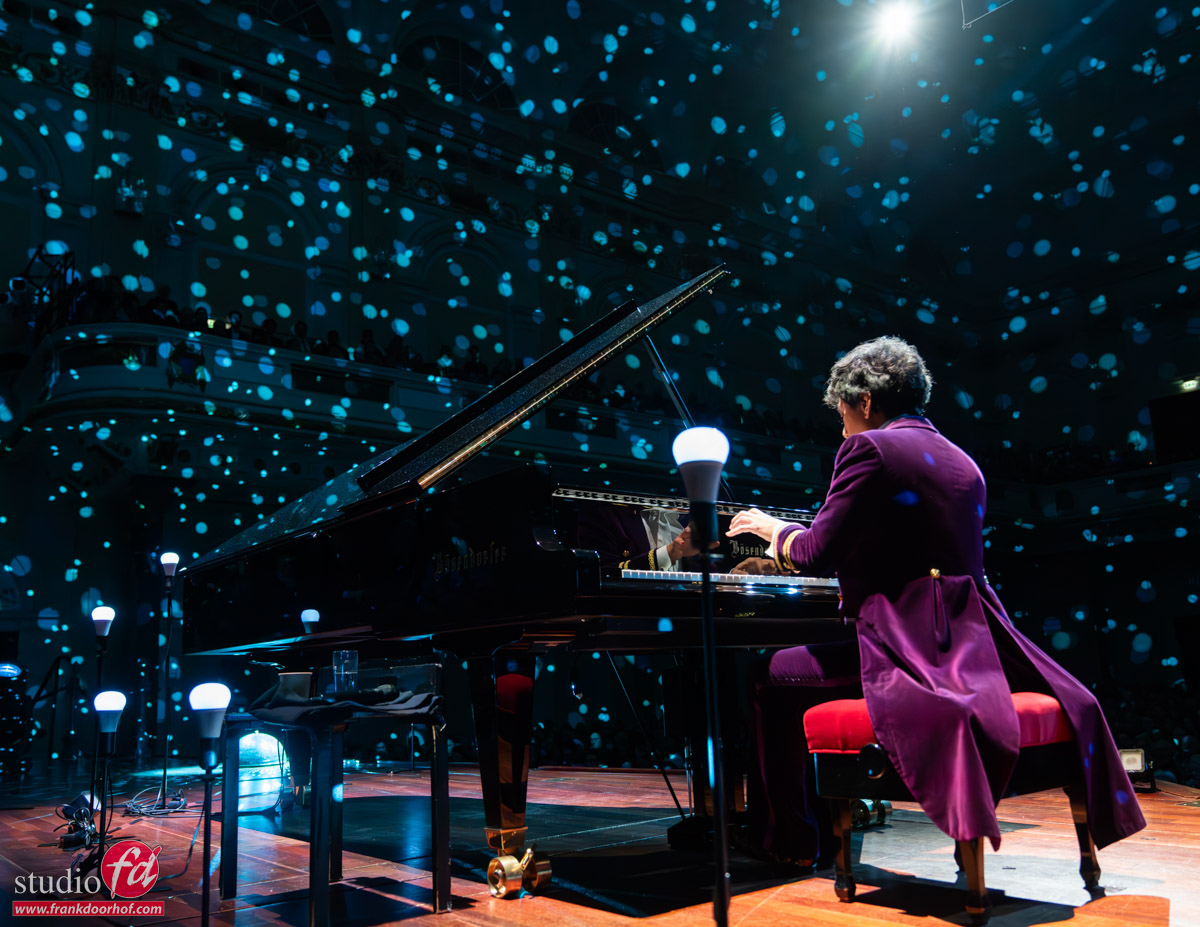
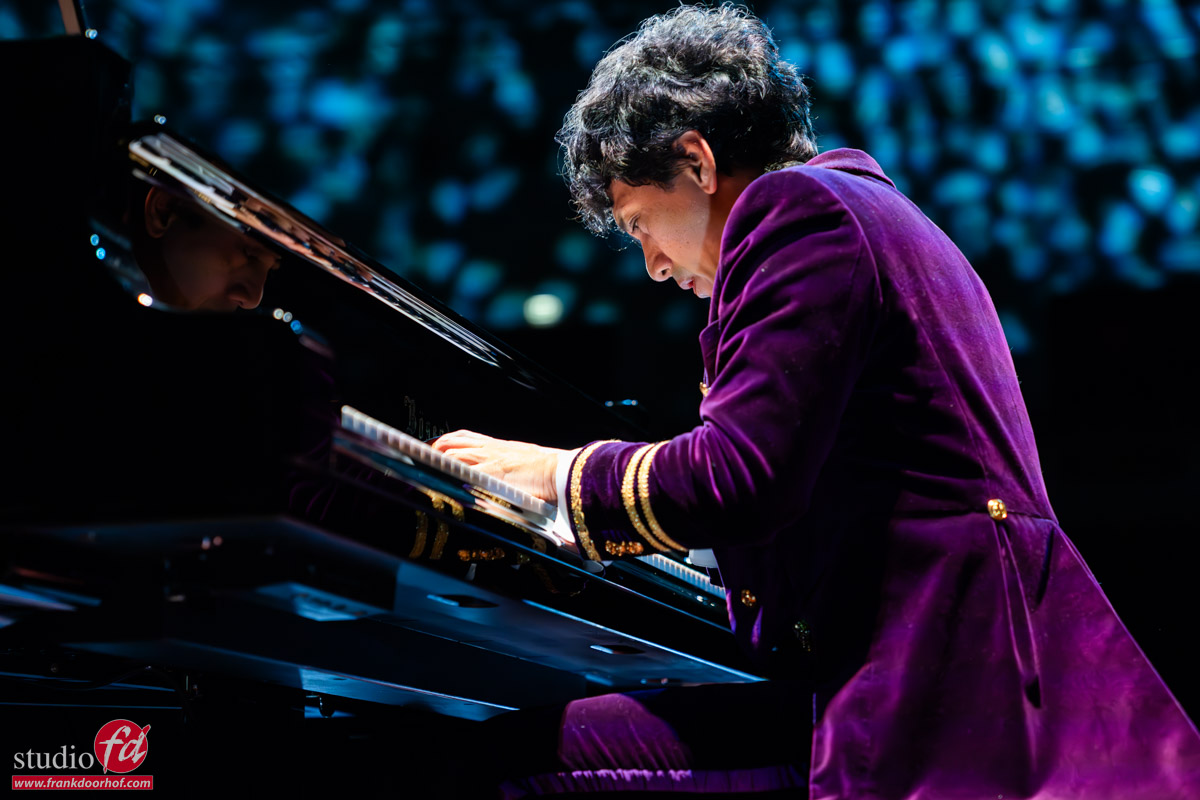
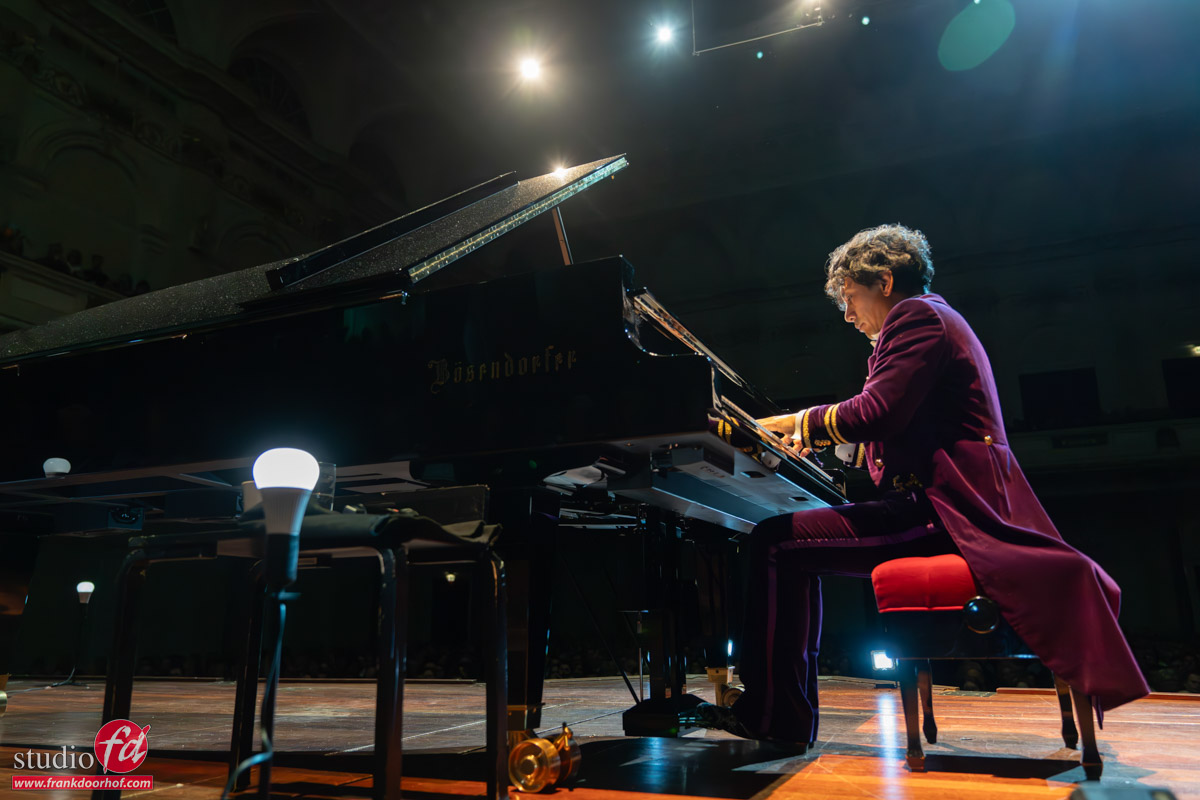
See the video we made about Wibi’s birthday in Disneyland
In 2011 I was at a CD presentation from Wibi Soerjadi

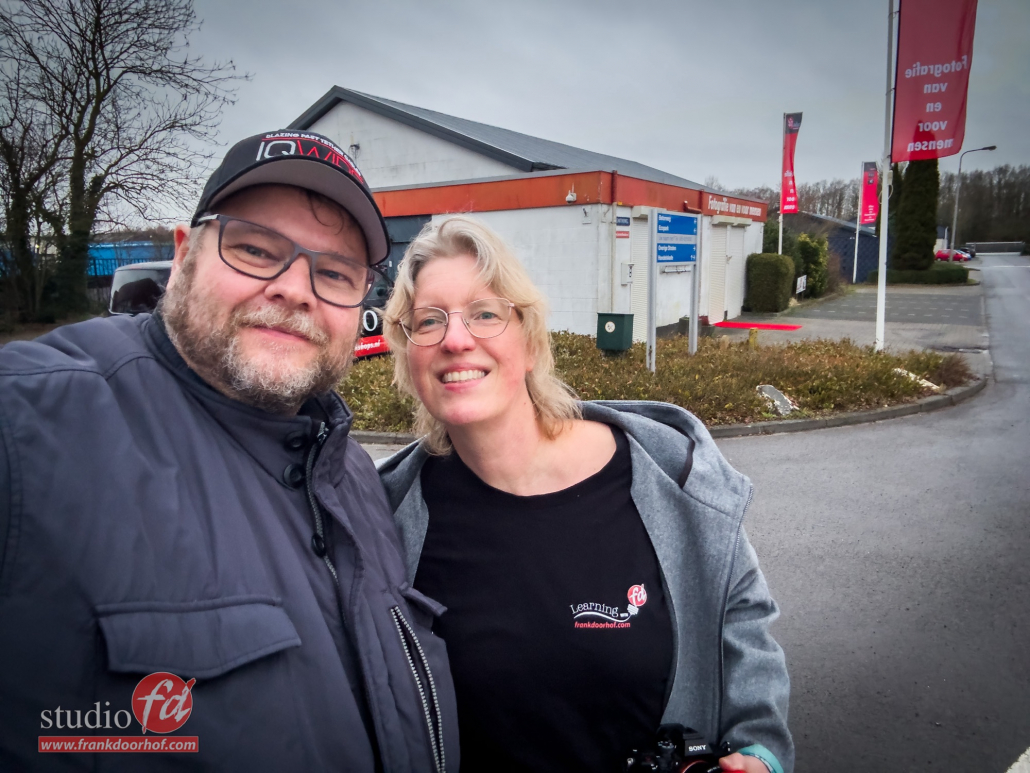
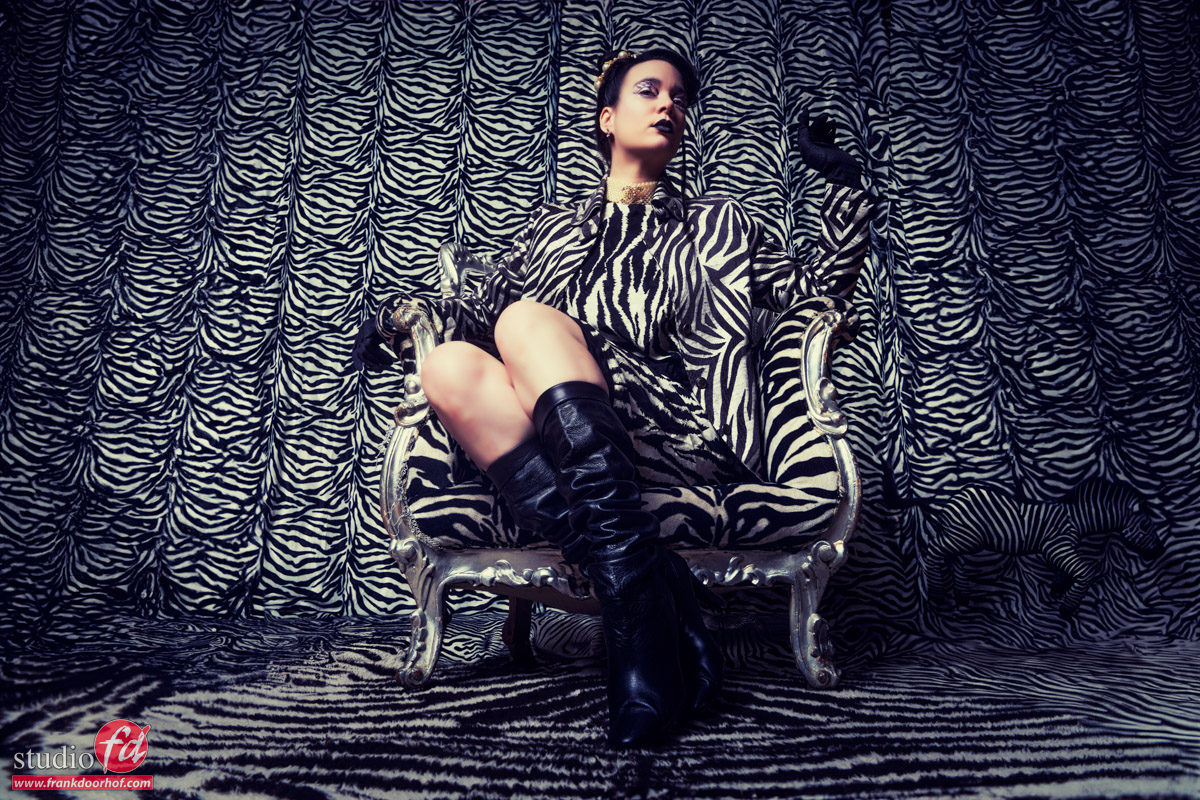
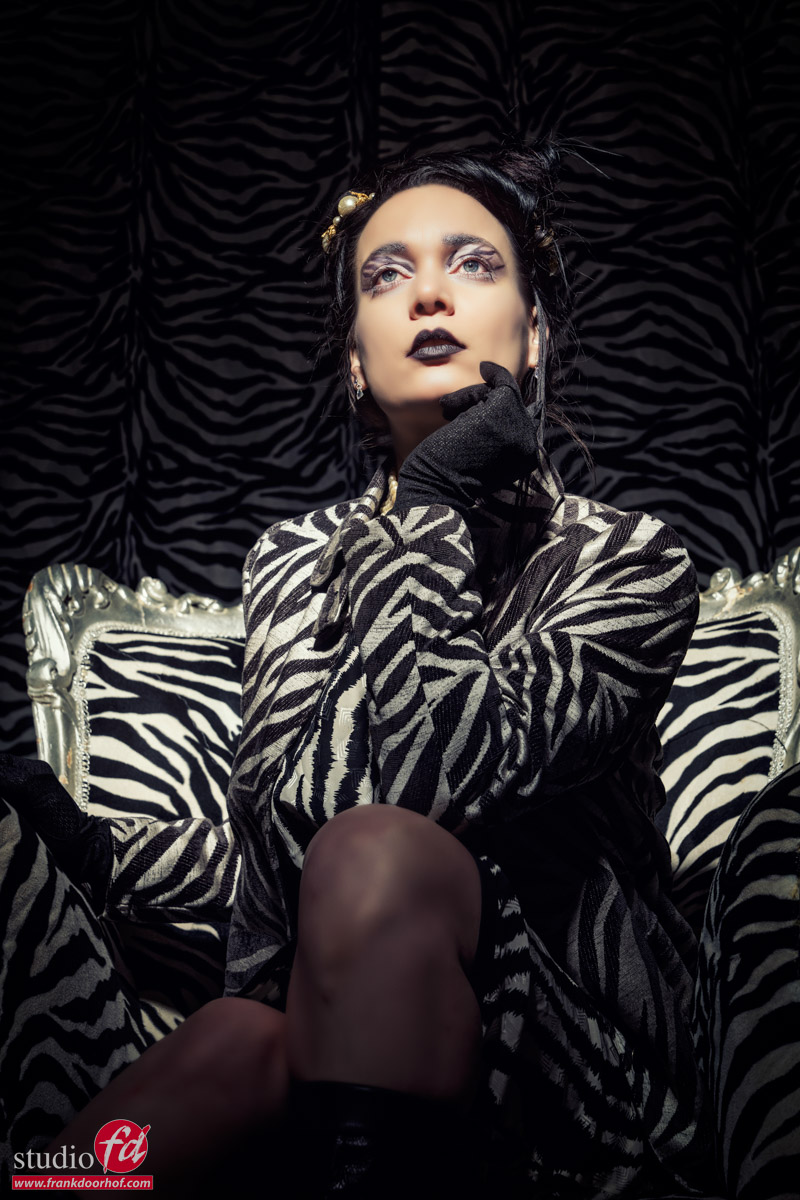
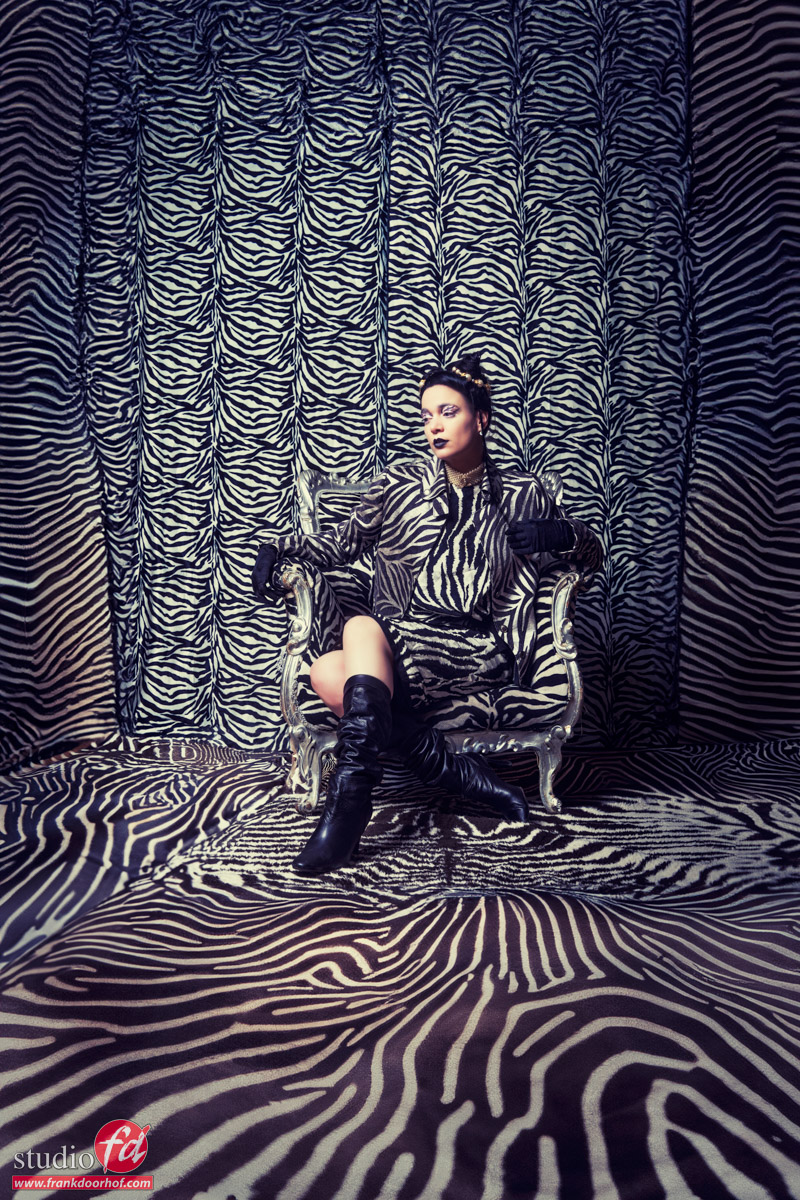
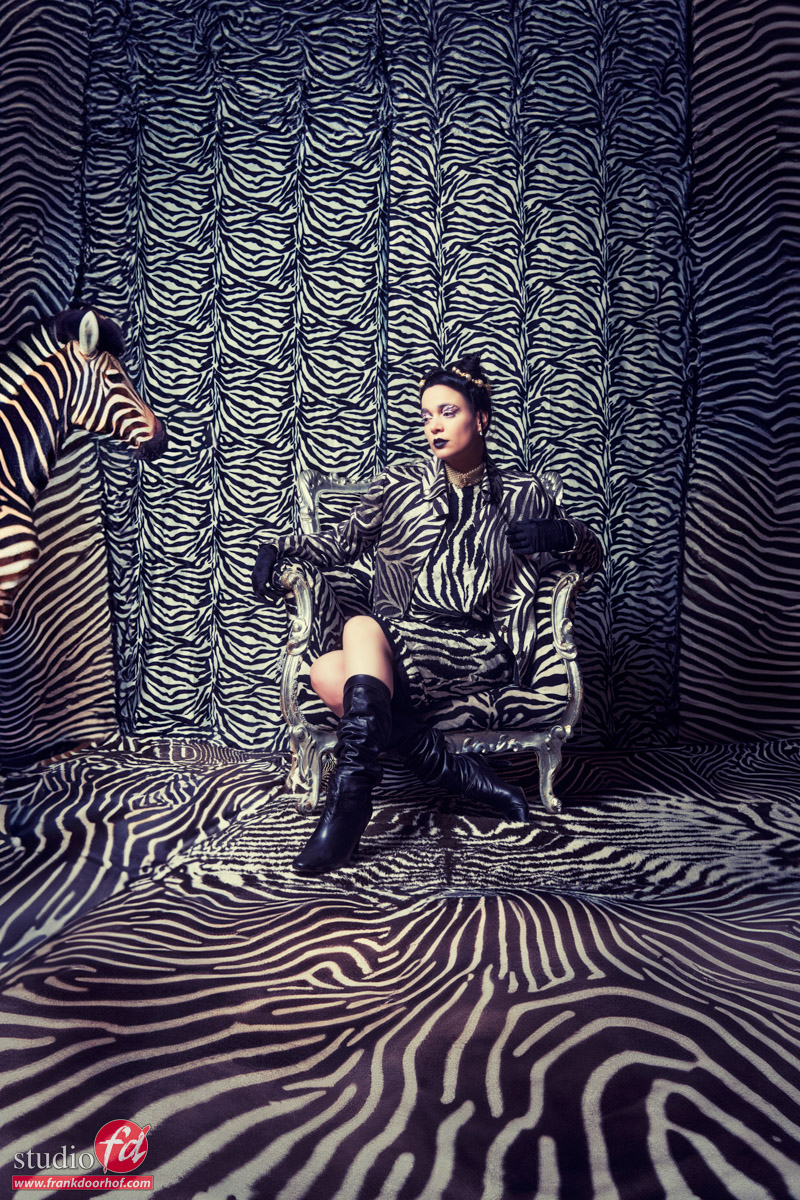
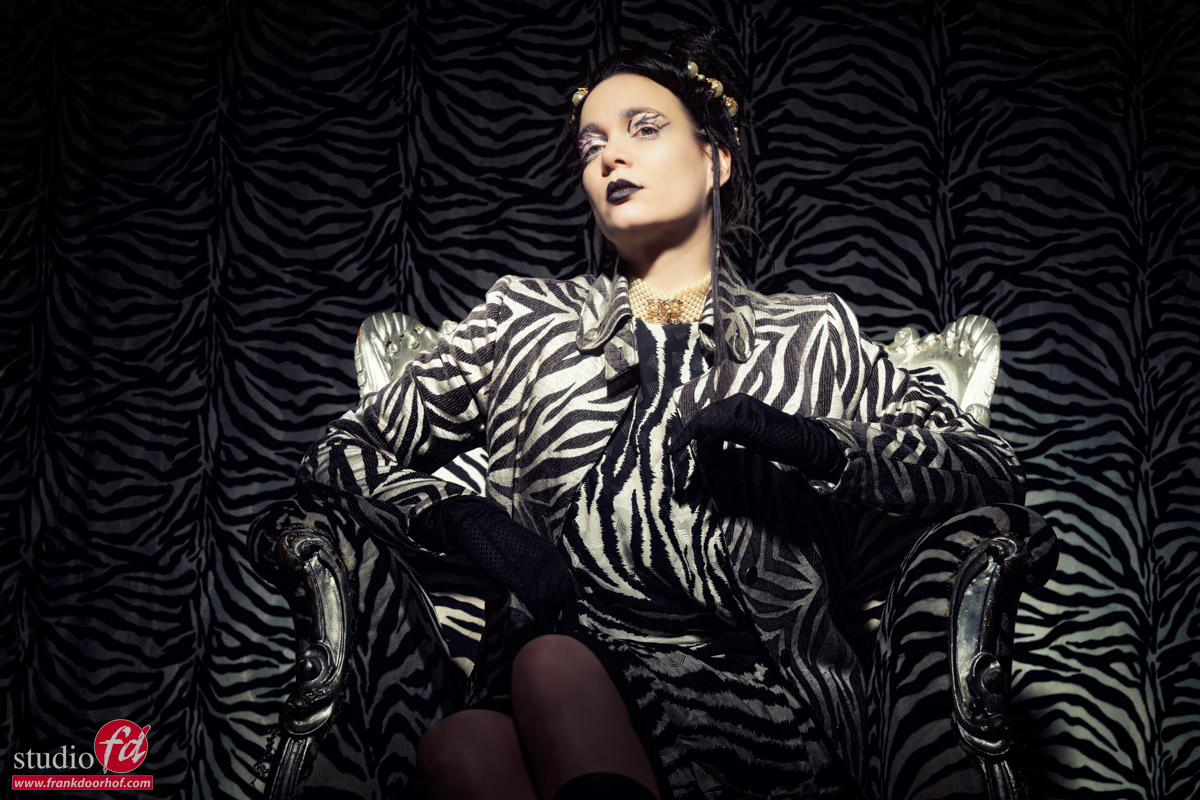
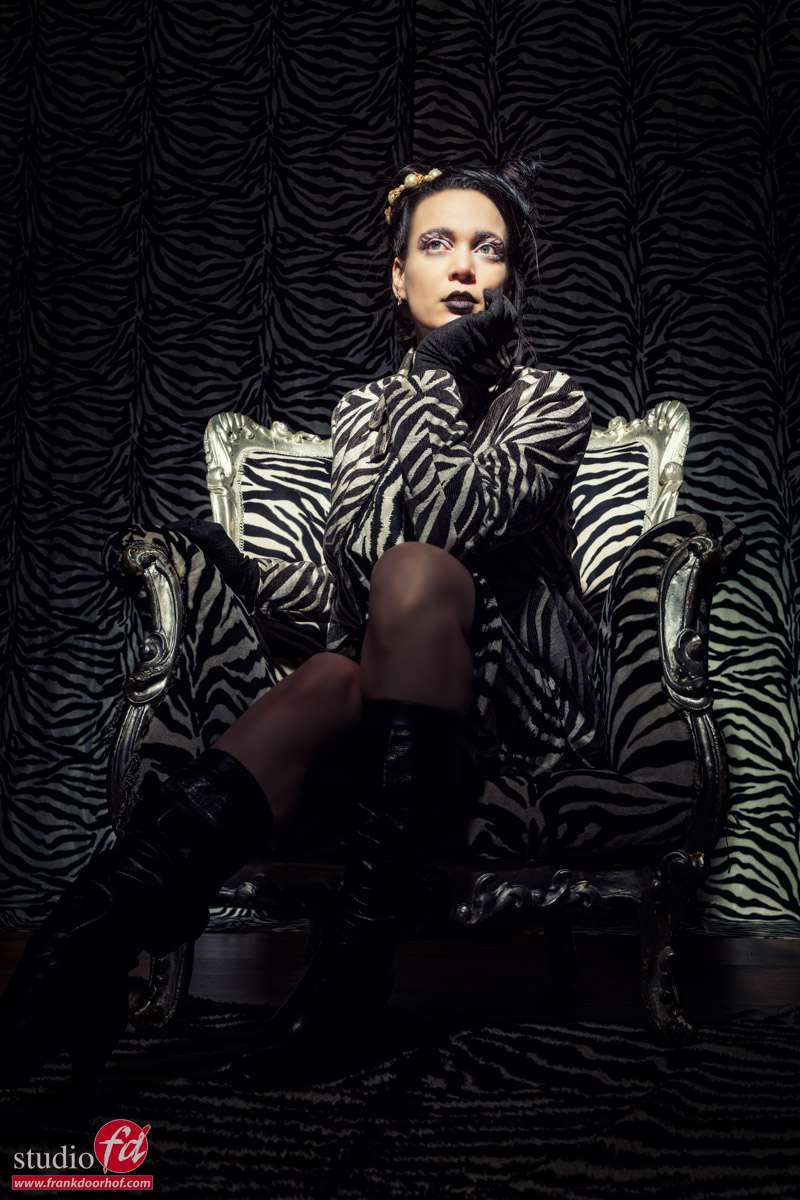
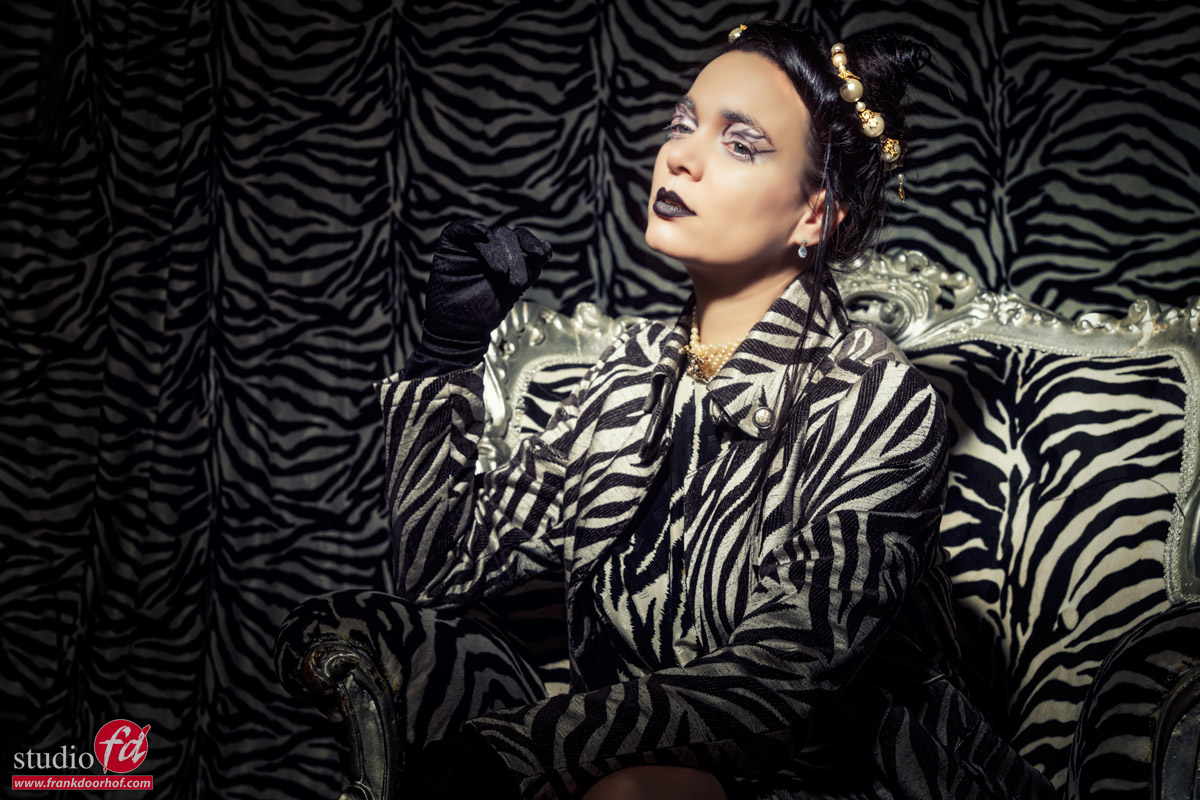
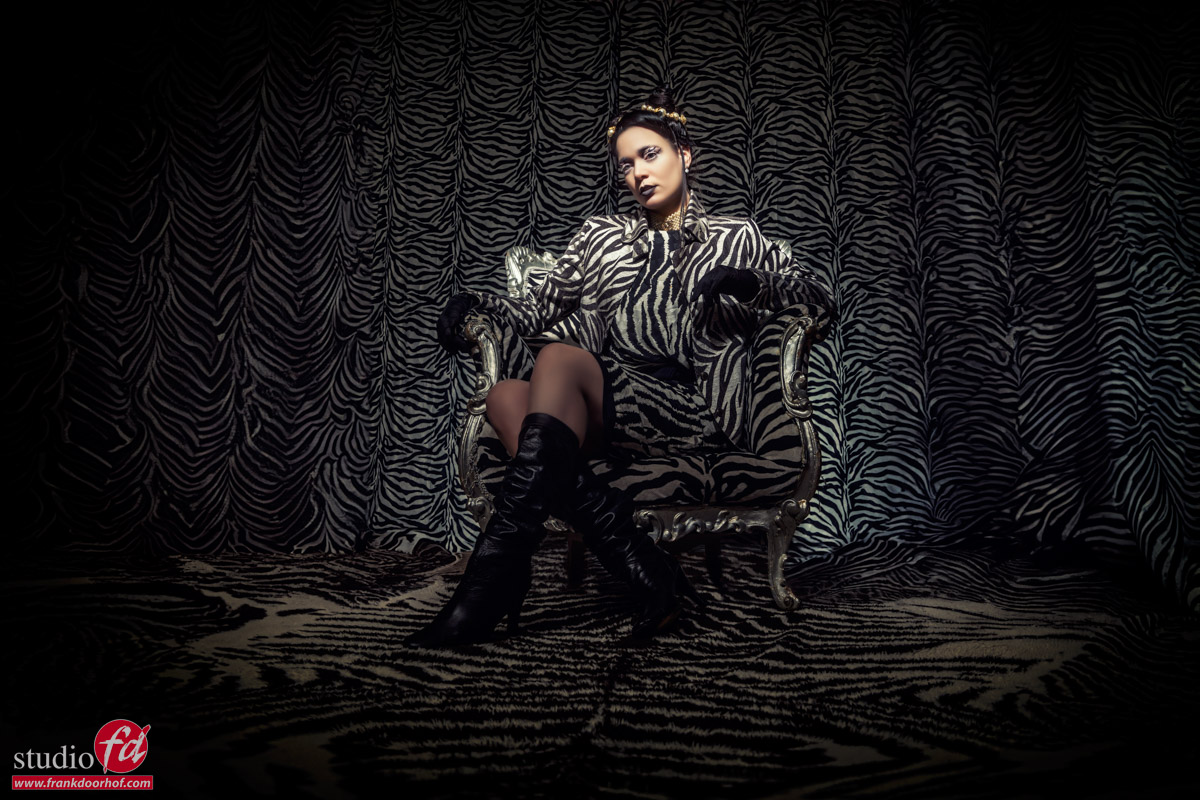
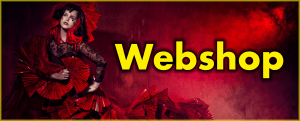
You must be logged in to post a comment.